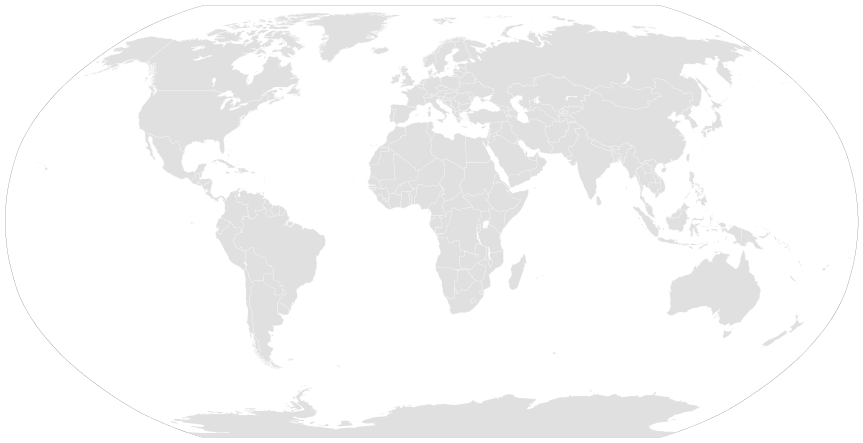Call for Applications: 2017-2018 Center Postdoctoral Research Fellowship


 Center Postdoctoral Fellow_CFA_2017-2018_Ext.pdf
Center Postdoctoral Fellow_CFA_2017-2018_Ext.pdf
Call for Applications:
2017-2018 Center Postdoctoral Research Fellowship
Deadline Extended: February 15, 2017
The USC Shoah Foundation Center for Advanced Genocide Research invites applications from postdoctoral scholars for its 2017-2018 Center Postdoctoral Research Fellowship.
The fellowship provides $50,000 support and will be awarded to an outstanding postdoctoral scholar from any discipline who will advance digital genocide research through the use of the USC Shoah Foundation Visual History Archive (VHA). The recipient will be required to spend the 2017-2018 academic year in residence at the USC Shoah Foundation Center for Advanced Genocide Research.
One of the Center’s primary research themes is digital Holocaust and genocide studies. For the Center Postdoctoral Research Fellowship, the Center welcomes proposals from researchers who use innovative digital methodologies to approach the testimonies of the Visual History Archive. For this postdoctoral fellowship, also the Visual History Archive itself, its interface and/or its digital testimonies can be seen as research objects.
Award decisions for this fellowship will be based on the originality of the research proposal, its potential to advance research within the field of digital genocide studies, and the centrality of the VHA to the proposed research. The chosen fellow will be expected to provide the Center with fresh research perspectives, to play a role in Center activities, and to give a public talk during his or her stay.
Applications are encouraged that focus on the following areas:
- Research that investigates the audio-visual interviews of the VHA in connection to broader questions of digital genocide studies
- Research that develops new digital methods to research the testimonies, for example text-mining methods or alternative visualization strategies
- Research that deepens and broadens understanding and analysis of how people use and relate to the digital testimonies
- Research that explores the interface and functionality of the Archive
- Research in data formatting, database design, or digital delivery platforms
- Research that would otherwise not have been possible without the VHA’s unique architecture and digital content
The USC Shoah Foundation Center for Advanced Genocide Research distinguishes itself from other Holocaust and genocide institutes by offering access to unique research resources and by focusing its research efforts on the interdisciplinary study of currently under-researched areas. While the Center encourages and fosters innovative scholarly research from all areas of genocide studies, it is particularly interested in the following themes: the interdisciplinary study of resistance to mass violence and genocide; interdisciplinary research on violence, emotion, and behavioral change; and digital genocide studies.
Founded in 2014, the Center for Advanced Genocide Research is the research and scholarship unit of the USC Shoah Foundation. The USC Shoah Foundation Center for Advanced Genocide Research is dedicated to advancing new areas of interdisciplinary research on the Holocaust and other genocides, focusing on the origins of genocide and how to intervene in the cycle that leads to mass violence. The Center organizes annual international workshops and conferences, hosts a speaker series on genocide and mass violence, and offers a competitive international research fellowship program. For further information please consult: http://cagr.usc.edu
The USC Shoah Foundation Visual History Archive holds over 54,000 video testimonies of survivors and other eyewitnesses of the Holocaust, the Rwandan, Guatemalan and Armenian genocides, and the Nanjing Massacre in China. The interviews were conducted in 41 languages and in 62 countries. They encompass the experiences not only of survivors in these contexts, but also of witnesses, liberators, aid providers, and war crimes trials participants. These interviews are life histories, and as such their subject matter includes the history and culture of the countries of the interviewees’ birth and their lives before, during and after genocide. Additional internationally unique and growing research resources at USC include a Holocaust and genocide studies collection at Doheny Memorial Library with over 20,000 primary and secondary sources; and a Special Collection containing private papers of German and Austrian Jewish emigrants, including the writer Lion Feuchtwanger, from the Third Reich.
To submit an application, please send a cover letter, CV, and research proposal (max. 3 pages) discussing the topic, methodological approach, and relevant USC resources by February 15th, 2017 to cagr@usc.edu.
Like this article? Get our e-newsletter.
Be the first to learn about new articles and personal stories like the one you've just read.